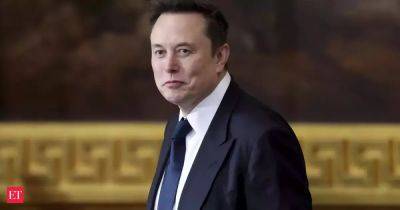Manmohan Singh, the leader who liberalised India
Subscribe to enjoy similar stories. In 1991, India was facing political and economic instability. We had a minority government under P.V.
Narasimha Rao, and the country was in an economic crisis. India had only 15 days of foreign exchange reserves, about $5 billion, to meet its imports. As the parliamentary session began, a frail medium-height technocrat, Manmohan Singh, who was the then finance minister, stood up and, in one fell swoop for the next hour or so, liberalized and globalised the Indian economy on a scale never seen before.
He gave back to the Indian people the economic freedom they were promised when the Constitution was adopted, but which they never got due to the license quota Raj and control regime of the government of that time. As he concluded his speech, Manmohan Singh quoted Victor Hugo: “Nothing can stop an idea whose time has come." India’s time had come, liberalisation and globalisation arrived and India would march ahead. The changes led to the reduction of customs duties on all imports, freed up the foreign exchange markets and floated the Indian rupee.
This also led to easier overseas travel and a liberalized investment regime. License quota Raj was largely abolished, reservation for small-scale industry was reduced, capital markets were freed from controls, banking was liberalised, and the Indian entrepreneur was freed and unleashed from the bondage of the past 40 years due to bad economic policies. All over India, industry was shaken.
Read more on livemint.com




















